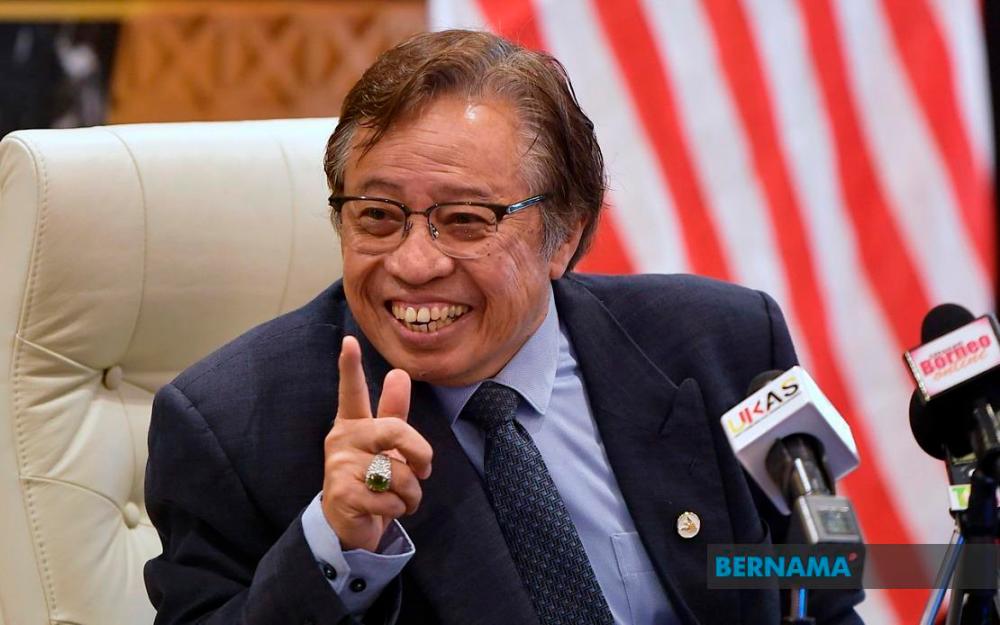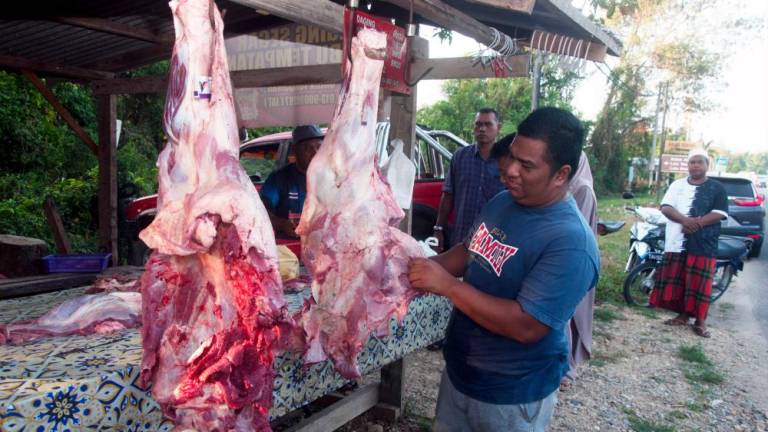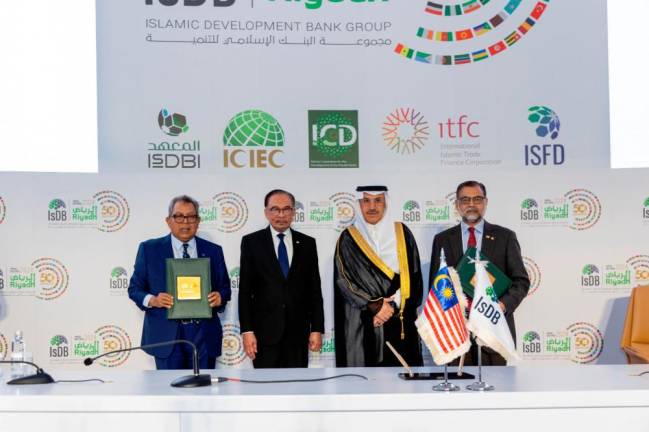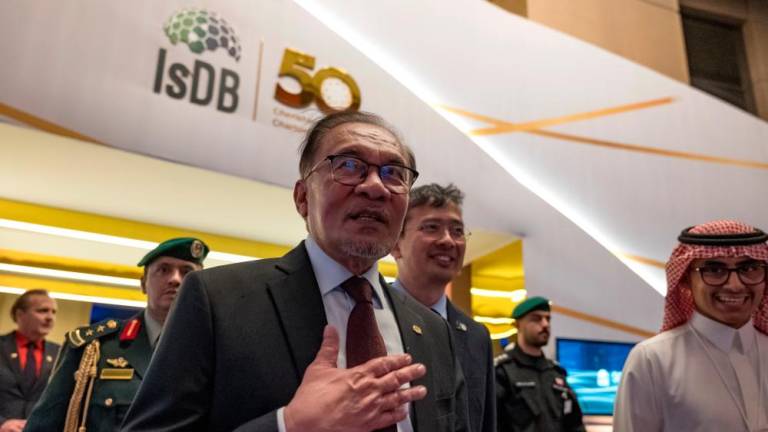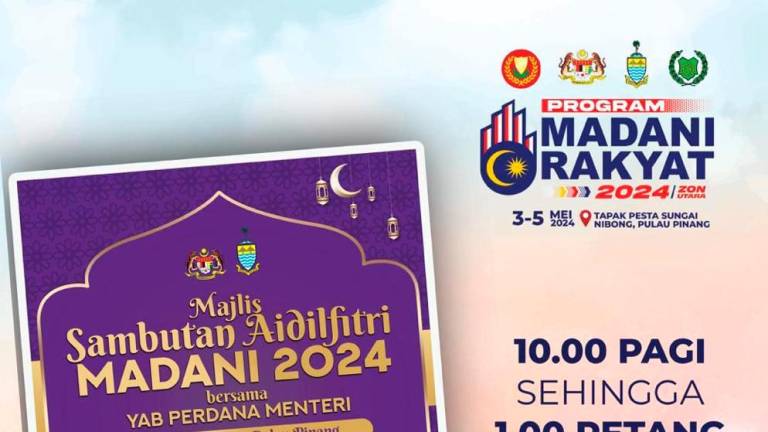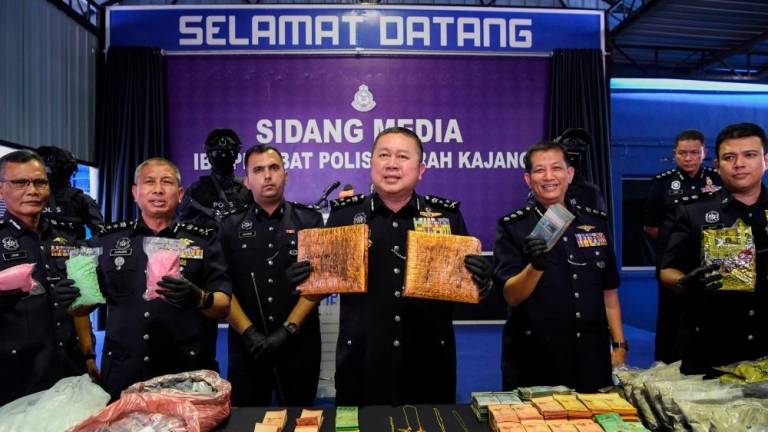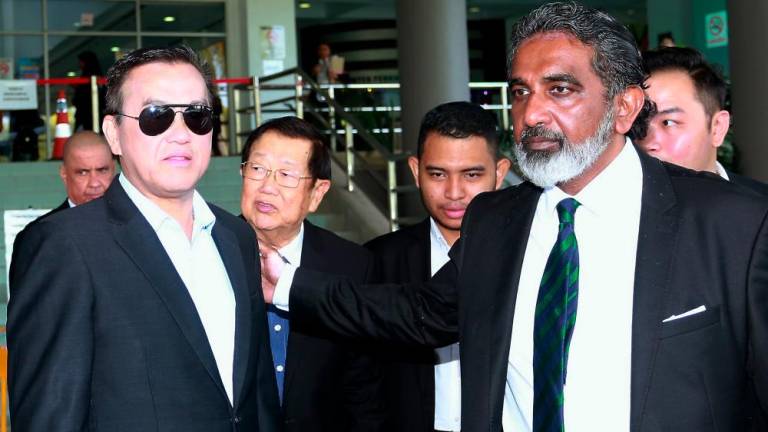KUCHING: Sarawak needs to provide special skills training to produce more skilled manpower in order to develop the hydrogen economy in the state, said Chief Minister (CM) Datuk Patinggi Abang Johari Tun Openg (pix), today.
He said one of the main drivers towards the hydrogen economy was human resource development, and the world was now actively moving towards clean energy consumption with the expectation that hydrogen gas would be the main source of energy in the coming decades.
“Sarawak needs to provide universities, vocational institutions and special skills training centres to generate skills in this new technology so that there is continuity for the state in pursuing development based on new technologies and energy sources, especially in hydrogen,“ he said.
Abang Johari said this at the 23rd Sarawak Skills and i-CATS University College (International College of Advanced Technology Sarawak) convocation ceremony, here.
According to him, the establishment of these two skills institutions as well as Sarawak’s Centre of Technical Excellence is a step by the state government to produce more technically skilled manpower.
Abang Johari said Sarawak was already ahead of other states in pioneering the use of hydrogen, especially in the transport sector, while the hydrogen gas production plant managed by Sarawak Energy Berhad in Pending is the first facility in the region.
“The two buses operating in the city of Kuching are also the first hydrogen buses in Malaysia and in the ASEAN region while the first integrated refuelling station is being built in Kuching to provide conventional fuel, electricity and hydrogen filling,“ he said.
At the ceremony, organised in the new normal with a large number of graduates watching the ceremony live on Facebook, Abang Johari was proclaimed as the chancellor of i-CATS University College effective today.
i-CATS University College was upgraded to a university college on Dec 3.
Meanwhile, a total of 742 graduates received their certificates and diplomas of whom 327 were recipients of the Malaysian Skills Certificate, 119 recipients of the Malaysian Skills Diploma, five recipients of the Malaysian Advanced Skills Diploma, and seven recipients of the Electrical and Electronic Engineering Certificate.
A further 259 graduates received diplomas in various fields, and 25 graduates received degrees in software engineering and also business administration. — Bernama



